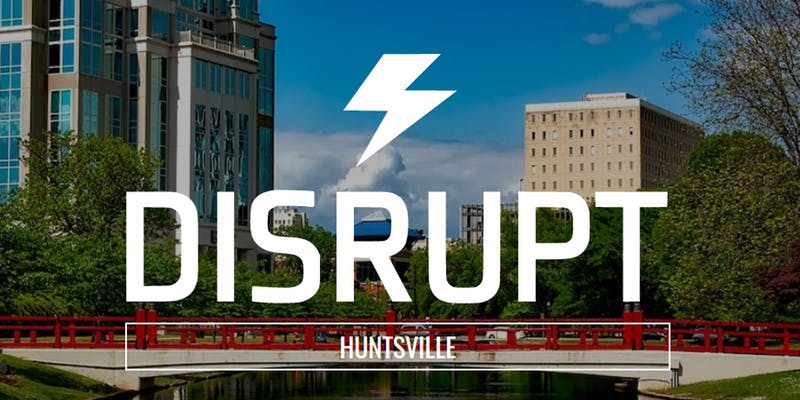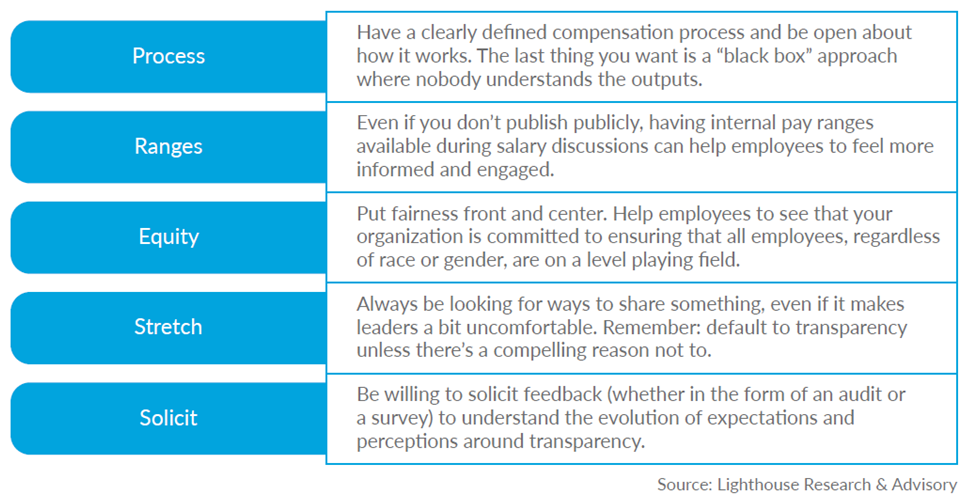Employees are more disengaged than ever, and the statistics on employee engagement only serve to further the narrative. Gallup reports that more than half of employees (51 percent) say they’re actively looking for a different job or watching for opportunities. Nearly 26 percent of the U.S. workforce is going to change jobs this year, and these are typically the most highly skilled and motivated employees.
Organizations need to fully understand just how critical engagement is to success. Gallup shows that organizations with a highly engaged workforce outperform peers by 147 percent in earnings per share. And the cost of rehiring and retraining replacement workers has been well-documented.
So why, in this enlightened age, would any organization not prioritize employee engagement?
The Compliance-Engagement Balancing Act
Midsized organizations may be struggling to do more with less, which in some cases can lead them to skimp when it comes to employee engagement efforts. According to the ADP Research Institute® (ADP RI) report, “Midsized Businesses: Poised to Lose Balance in a Time of Uncertainty,” midsized businesses were spending less time focusing on talent management and significant energy on compliance. That’s because of continued concern around how compliance impacts the business. “Of all the midsized business owners surveyed, 40 percent indicate they have experienced unintended expenses as a result of non-compliance with government regulations,” reports ADP RI.
Regulatory complexity can impose additional stress on an organization’s already limited resources. This stands to reason, given the fact that midsized businesses seldom have the powerful compliance resources that large businesses do, and yet are held to the same compliance standards.
All of this comes at a time when midsized businesses are playing a greater role in the global economy. According to ADP RI, of the 16.3 million net jobs added during the last seven years, midsized businesses created 7.1 million or 44 percent of those jobs.
Making Engagement a Strategic Priority
It’s no surprise that organizations may choose to focus on compliance issues at the expense of other priorities. Yet, ignoring engagement issues is shortsighted and can lead to costly turnover. So what is a midsized business to do? The good news is that some of the most effective employee engagement initiatives don’t require dollars, they require attention. Engagement is all about motivating employees to go above and beyond, to give their discretionary effort. That comes when employees feel heard, valued and are tied to the mission of the organization.
If an employer will focus on these key areas, they can make great strides toward engaging the workforce. Conversely, if an employer misses the mark on these crucial engagement areas, it’s an excellent way to quickly lower worker satisfaction, performance and motivation.
Transparent Leadership
Creating additional layers of bureaucracy? Adding another “black box” process that the average employee can’t understand? Attempting to lead with minimal transparency will likely disengage workers, because there is no basis of trust.
More than ever, workers expect transparency in leadership. They want to feel heard and valued and know they can be trusted with information. Workers want to feel connected to their job, manager and employer. An atmosphere of mutual trust can give employees faith in leadership and help them to feel ownership in outcomes, a key component of engagement.
Growth Opportunities and Flexibility
Is your organization putting people in roles and expecting them to stay there for three years or more to “pay their dues?” If so, you’re on the track to increasing turnover and creating a negative employee experience for your team. Workers expect to be given opportunities and the tools to be successful.
Finally, creating a workplace where time sitting in a chair is more important than outcomes and performance can negatively impact engagement, especially for your best and highest-performing workers. Flexible scheduling, paid time off benefits and work-from-home opportunities can play a major role in an employee’s decision to take or leave a job.
Today business is global, hyper-connected and multigenerational. Employees really want the same thing: meaningful work and a voice in the workplace. Luckily, those things cost employers little more than putting in the time to be aware of their employees’ needs. A small price to pay for increased engagement and performance from the organization’s most precious resource.
Originally appeared on the ADP Spark blog: https://ift.tt/2LlmtE8

Article source:
Ben - Here’s How An Engaged Company Outperforms Others by Nearly 150 Percent»
Check out more of Ben Uebanks' work at
Upstart HR






